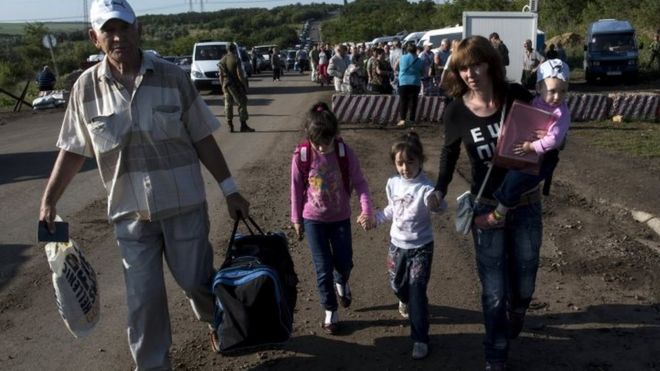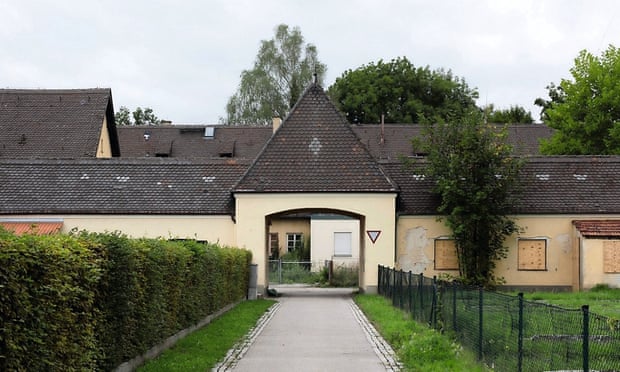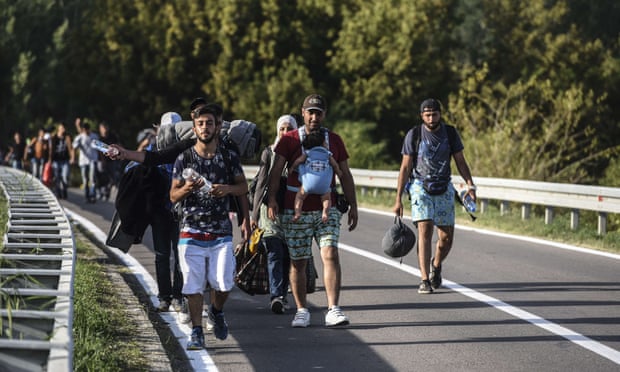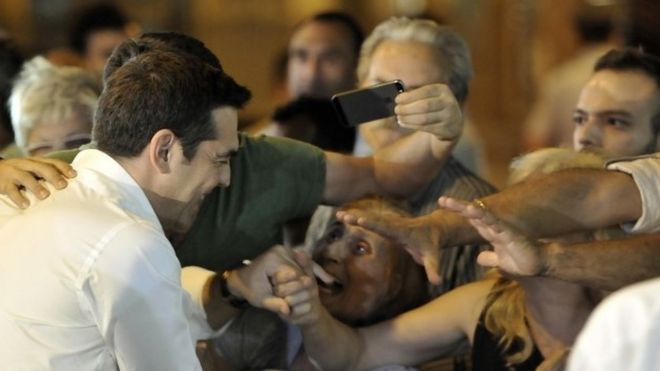by Shelby Vcelka
Impunity Watch Desk Reporter, Europe
KIEV, Ukraine–
Rebel leaders in Crimea have expelled most of the humanitarian and non-governmental organizations from Eastern Ukraine as tensions escalate. At least ten different agencies, including the United Nations, World Health Organization, and Doctors Without Borders, have been affected by the recent change. Although the reason for the expulsion is not clear, the Ukrainian rebels have been suspicious of foreign agencies because it opens the possibility for international spying. The move also mirrors a law passed in Russia earlier in the year, forbidding citizens from interacting with foreign NGOs.

UN agencies were given until Friday to evacuate the area, while other international NGOs were given until Saturday. The “de facto” rebel leaders based in Luhansk refused to reregister 10 out of the 11 UN organizations present in the region due to “violations.” The violations center on unsafe medical practices and illegal storage of medicine, although the banned organizations deny such practices. The only organization that is unaffected by the new measures, the Luhansk rebel government announced, is the Red Cross. “We have our rules and our laws,” said rebel official Vasily Nikitin stated in a pro-rebel video post on Thursday afternoon. “This isn’t some piratical African country where you can just set up a tent and start doing operations.”
The ban sparked widespread condemnation among Western nations, and international organizations, as it was a clear violation of the peace treaty signed between the rebel and pro-Ukrainian forces in February of this year. A provision of the peace treaty required that both the Ukraine and the rebels provide humanitarian aid to the war torn region, and safe access for noncombatants. According to experts, at least 150,000 people will lose access to food distribution once the ban is in full force.
The move comes after the Ukrainian government in Kiev banned Russian journalists from entering the country. It is unclear whether Luhansk’s policy was in retaliation for disallowing pro-Russian coverage of events.
For more information, please see—
AP–UN: Russia-backed rebels in Ukraine expel aid agencies— 25 September 2015
BBC–Ukraine crisis: Rebels order UN agencies to leave Luhansk— 25 September 2015
Wall Street Journal–Russian-Backed Separatists Ban Foreign Aid Workers in Eastern Ukraine— 25 September 2015
Al-Jazeera–Ban on foreign aid agencies by Ukraine’s rebels— 27 September 2015



